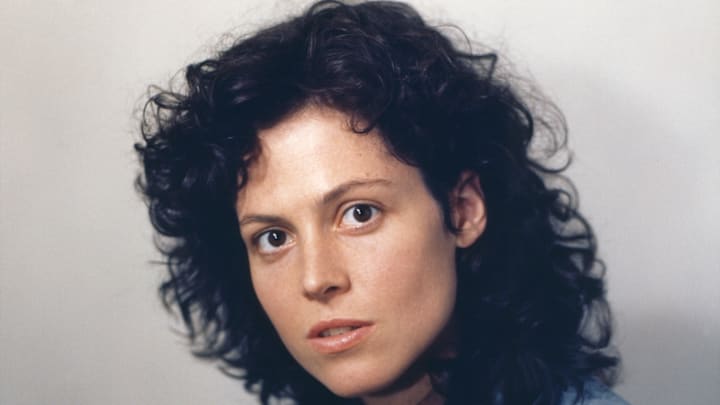To call Ridley Scott’s 1979 film Alien a seminal work feels like an understatement. Not only did the original film beget numerous sequels, prequels, and spinoffs over the course of decades, but it has also played a monumental role in inspiring films within the science fiction and horror genres ever since.
This tracks all the way up to the present day, where brand new films such as Zach Cregger’s Weapons are referencing the film as a point of inspiration in both the marketing and the film itself, and new works continue to be made in the series, such as Noah Hawley’s now-releasing Alien: Earth series.
Hawley’s TV series is greatly indebted to Scott’s original 1979 film in any number of ways, from the concept to the creature to the very craft of the filmmaking itself, which Hawley and co. have gone out of their way to duplicate and build upon in striking fashion. However, as it turns out, some of Alien: Earth’s biggest themes and most audacious choices stem directly from an ending to the original film that Scott considered but ultimately scrapped prior to filming.
Ellen Ripley died in terrifying fashion in an early idea for Alien
The ending in question would have not only demonstrated a brand new ability that the Xenomorph had not demonstrated prior, and has yet to do so even in the decades since, but would also have seen franchise favorite, Sigourney Weaver as Ellen Ripley, meet her end before the series even got going.
As Hawley described in a recent interview with Yahoo! (per Popverse):
“There was a moment Ridley told me about that what he wanted to do was have a Xenomorph kill Ripley and then get on the radio and mimic her voice, and then head off to Earth. He didn’t do that, but he had that thought, and so I think there is something to that idea. That sort of Invasion of the Body Snatchers idea is still really scary.”

This sequence would have replaced Ripley’s final confrontation with the creature in the third act of Alien, and is something that Scott has actually spoken about mulling over before. To modern audiences, that ending might sound insane, given what we now know of the legacy of this creature and Ripley herself.
However, within the context of Alien as a singular work, it isn’t a stretch at all. The Xenomorph is very much positioned as a parasite that is gradually taking over the human-manned vessel of the Nostromo, and this could have been a logical end to that theme. This is only further supported by the role of Ash, the first synthetic in the film series’ history, whose arc works in tandem with this to bring about larger questions of the value of humanity.
The idea of coming to Earth and the larger thematic threads that this ending suggests are all things that Hawley took to heart in Alien: Earth. Not only does the series bring the Xenomorph to Earth as Scott once envisioned, but it also digs deeper than ever before into exploring the inner lives of synthetics and the perilously thin line between man and machine.
In many ways, this single line of thought is a great encapsulation of what Hawley has done with Alien: Earth thus far; take the original foundations and build upon them in fascinating ways.
Alien: Earth releases new episodes every Tuesday night on FX and Hulu.
